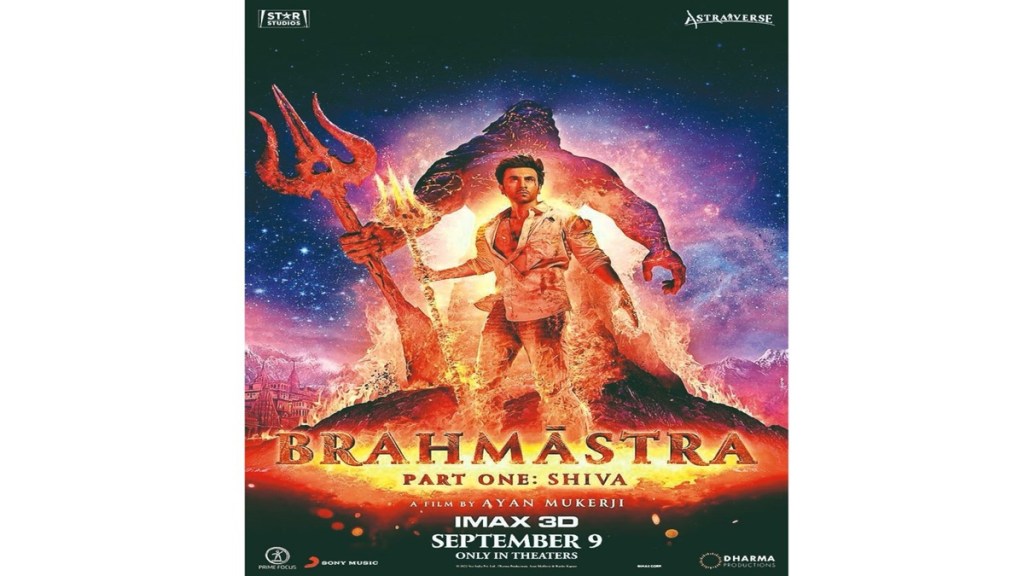In March this year, Ibrahim Ali Khan made his feature film debut with the Dharma Productions-backed Nadaaniyan. Hand to God, there was not one good review of the film we came across.
However, barely a few weeks after the film’s release, Nadaaniyan was rated as one of the top 3 ‘most watched films’ on Netflix so far in 2025, with media reports stating that it garnered over 8 million views on the platform.
Logically, the two don’t make sense together. However, media consumption is far from being logic-driven anywhere in the world. That’s perhaps why no good film that stands out is ever formula-based. People watch things they like, dislike, and move on. Not on the internet though…
Hate-watching
Too many people these days consume media they know they will dislike just to hate on it with fact-based information. This phenomenon, called ‘hate-watching’, is defined by Cambridge Dictionary as watching “a TV programme, film, etc that you dislike or think is very bad, because you enjoy laughing at it or criticising it.”
While Nadaaniyan is one example, there are a lot of films and TV shows that people have hate-watched and live-tweeted about to point out every loophole in the plot, every casting mistake, every scene that could have been cut.
The Archies (2023) by Tiger Baby Films, Brahmastra: Part One–Shiva (2022) also by Dharma, and Netflix rom-com drama Emily in Paris have all been subject to hate-watching.
Writer Jennifer Keishin Armstrong wrote for BBC back in 2017, “Hate-watchers exhibit the symptoms of fandom — watching every episode, micro-analysing it with other viewers — while still abhorring their targets on a rational level. This behaviour parallels haters in other genres as well: the ones who, for instance, love to point out Taylor Swift’s most annoying lyrics or post audio of Britney Spears’ worst vocal performances and the ones who pick apart Fifty Shades of Grey. Such cynics made the obscure film The Room, known as “the worst movie of all time,” into a cult hit, which eventually spawned a behind-the-scenes book. Welcome to the hate age.
Not all cynical
But hate-watching doesn’t just come from a place of cynicism. For many, it comes from a place of disappointment — the makers of a film or show had the funds, had the stars attached with their project, had every resource possible and yet the end-product was what it was.
Also, let’s just acknowledge that a lot of people hate-watch media because it is fun. Mockery backed by knowledge and facts. The best kind of mockery there is! It’s engaging, it helps you connect with fellow haters, and it makes you feel superior, almost like an expert, sometimes because of how truly bad some films and shows are.
But make no mistake, hate-watching isn’t the same as a guilty pleasure. While for some, the likes of reality dramas such as Bigg Boss, The Fabulous Lives of Bollywood Wives, etc, might elicit a sense of (chaotic) comfort, nostalgia, or hidden desires, hate-watchers are dedicated to their job of watching media (for basically research purpose) before critiquing it severely online.
Hate-watching is induced by a curiosity and will to engage with a piece of media, ironically, to perhaps note just how absurd it can be. Unlike a guilty pleasure, you probably won’t enjoy it and it’ll make you scratch your head, but you will continue to put yourself through it anyway — perhaps even making your brain confused about why you are willingly putting yourself through something you know for a fact will be bad.
And at the end of the day, even though it’s the studios that are at an advantage when you hate-watch their content, because they rake in money with every single view, it’s a fun activity to participate in. A film, a bag of popcorn, and a barrage of live tweets… bring it on!

